Disparities in CVD and Stroke
AHA’S INVESTMENT 2015-2020
$15 MILLION IN RESEARCH | $3.7 MILLION TO EACH CENTER
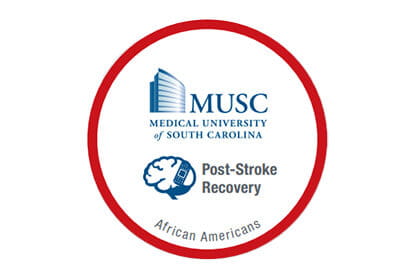
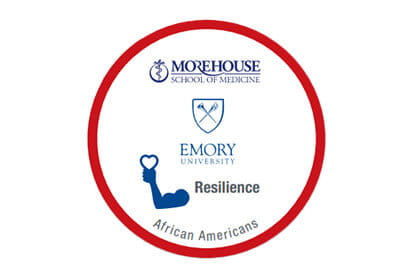
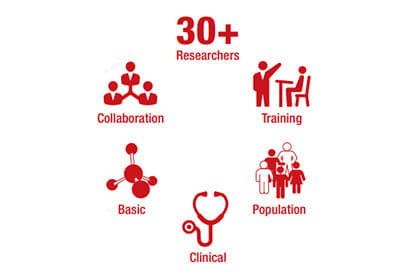
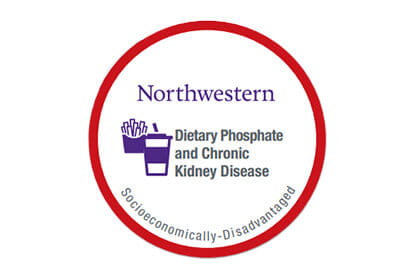
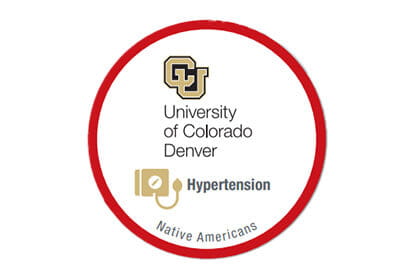
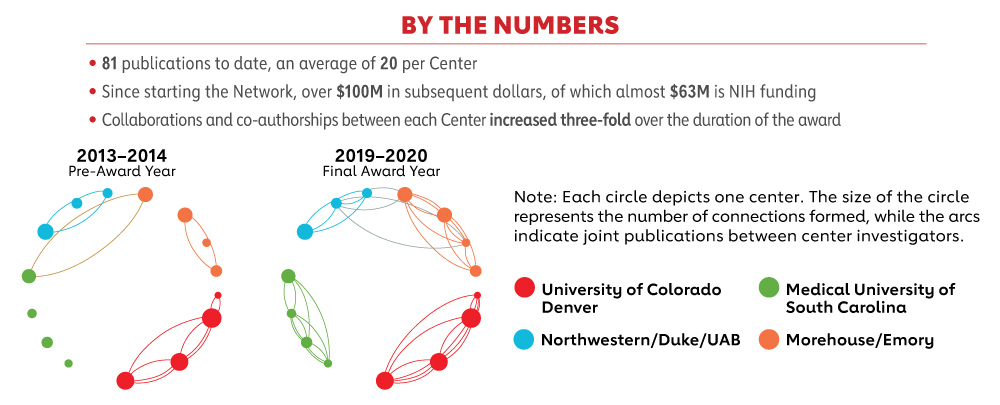

Notable Publications

Barriers and Facilitators of Stroke Recovery: Perspectives from African Americans with Stroke, Caregivers and Healthcare Professionals, Journal of Stroke & Cerebrovascular Diseases, Sept 2019
Key factors were identified by persons with stroke and their caregivers to potentially reduce the current racial-ethnic disparity gap in African Americans with stroke. Healthcare providers believe factors such as care coordination, patient comprehension, and community resources should be considered to improve stroke recovery and long-term outcomes.

Individual Psychosocial Resilience, Neighborhood Context, and Cardiovascular Health in Black Adults, Circulation: Cardiovascular Quality and Outcomes, Oct 2020
Individual psychosocial factors in Black adults is associated with better cardiovascular health, especially for those living in neighborhoods with low cardiovascular resilience.

Racial Differences in the Associations Between Food Insecurity and Fibroblast Growth Factor 23 (FGF23) in the Coronary Artery Risk Development in Young Adults Study, Journal of Renal Nutrition, Nov 2020
The development of food insecurity due to budgetary constraints led to higher consumption of processed foods that are high in phosphate additives, and resulted in an increase in levels of FGF23 among Blacks.

Identifying Relative Changes in Social Risk Factors: An Analytic Approach, Medical Care, Nov 2020
Housing and transportation are more resistant to change over time compared to other social risk factors such as food, clothing, health care, utilities or debts. Understanding this relationship between these social risk factors can help define the priorities for hypertension intervention in American Indian/Alaska Native populations.
Notable Collaborations
- A joint publication in Public Library of Science (PLOS) One by MUSC SFRN Fellow and the Northwestern Center focused on the association between dietary phosphate and brain health. An application based on these findings is currently under consideration with the Department of Veterans Affairs.
- University of Colorado at Denver in collaboration with an institution external to the SFRN has received a $10 Millon NIH grant to reduce CVD and stroke among underserved, native populations with high disparities in health.
- Morehouse-Emory Cardiovascular Center for Health Equity continues to collaborate with the MUSC Center to identify biological and psychosocial mechanisms of resilience that impact stroke recovery. A NIH Exploratory/Developmental Research Grant (R21) based on these results is currently under review.
- MUSC researcher and the University of Kentucky (Vascular SFRN) are exploring Serum Amyloid A therapies with the potential to regulate inflammatory activity in stroke. Funded by AHA's Transformational Project Award.